Confidence in Hungary's renewed higher education institutions has strengthened in recent years, according to Veronika Varga-Bajusz, the state secretary in charge of higher, vocational, and adult education at the Ministry of Culture and Innovation (KIM).
The state secretary noted that this is evidenced by the fact that for the second consecutive year, more than 100,000 students have been admitted to higher education institutions, with half of them enrolling in courses critical to the national economy - such as engineering, natural sciences, agricultural sciences, education, IT, medicine, and health.
Teacher training courses among the most popular
Ms. Varga-Bajusz highlighted that the number of students enrolling in teacher training programs has doubled compared to 2022, reaching 15,000 this year—a significant achievement. She expressed satisfaction with the growing strength of rural universities, noting that one in two applicants this year chose to begin their studies at a rural institution.
Recent changes to the rules for master’s programs now allow universities to launch master’s courses more quickly in response to the needs of the national economy and labor market. The share of master’s courses within the overall educational structure has also risen significantly, with a quarter of all higher education programs now leading to a master’s degree, Ms. Varga-Bajusz added.
She mentioned that economics remained the most popular field of study this year, followed by teacher training and technical education. Additionally, the autonomy granted to universities means that, starting this year, one-fifth of admission scores are determined by the institutions themselves.
Ms. Varga-Bajusz also reported an increase in demand for MTMI+ (mathematics, natural sciences, engineering, and information technology) courses compared to previous years. Regarding the shortage of teachers, she emphasized that approximately 2,000 applicants will begin studies in these fields, marking a 265% increase compared to 2022.
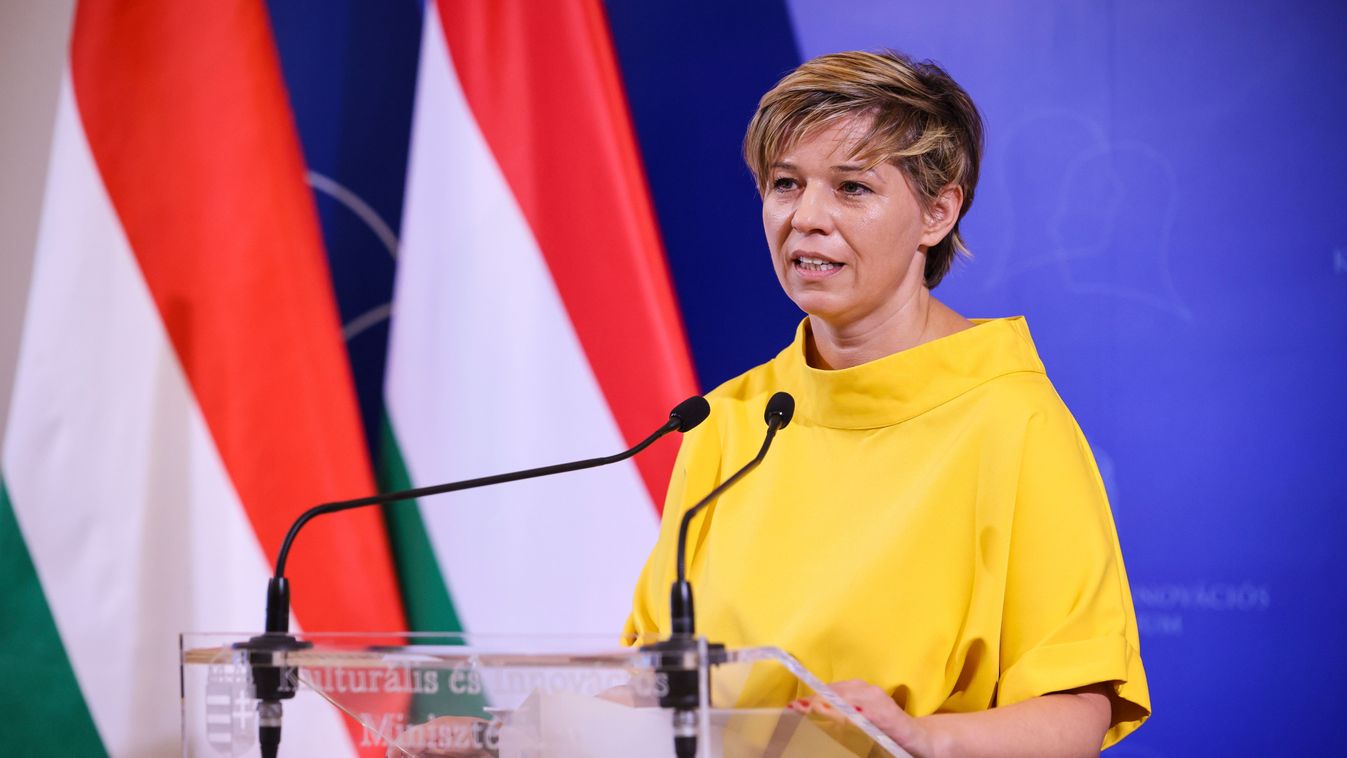



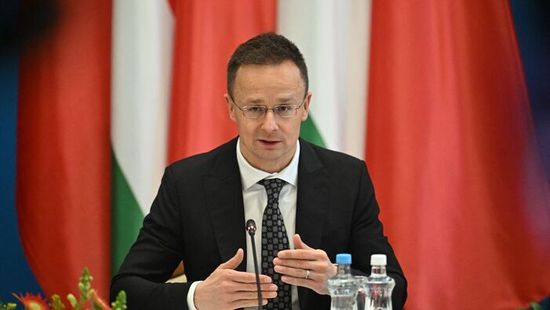






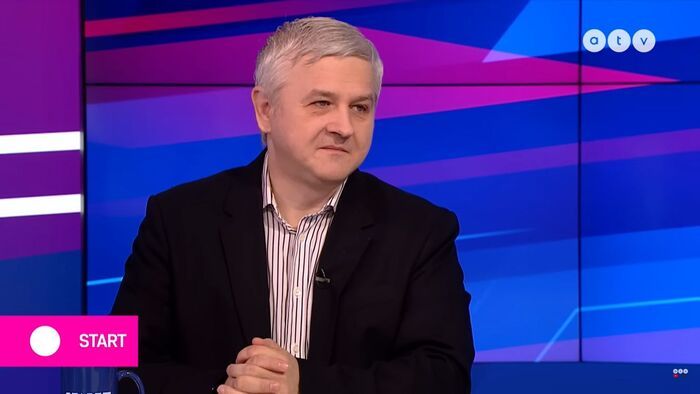


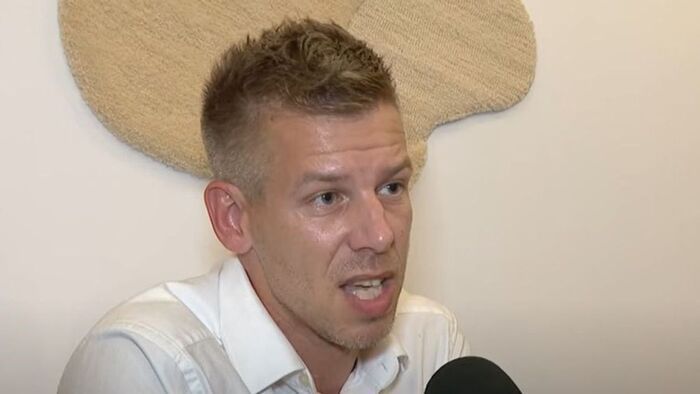
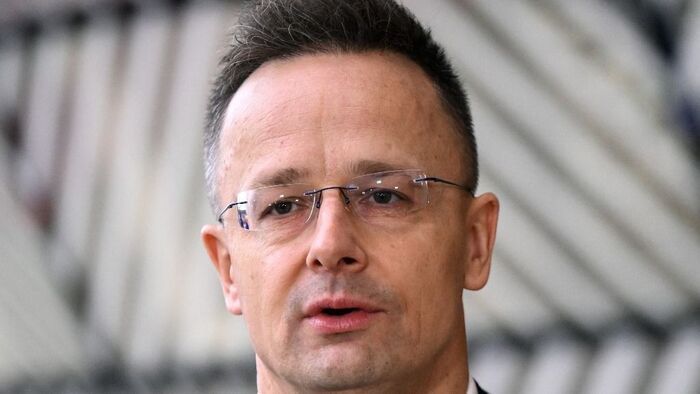
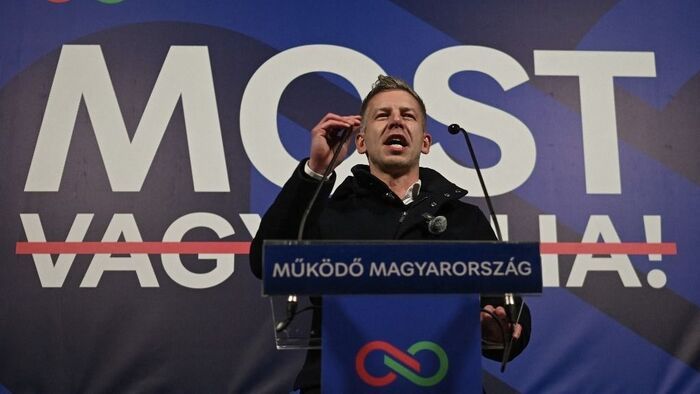
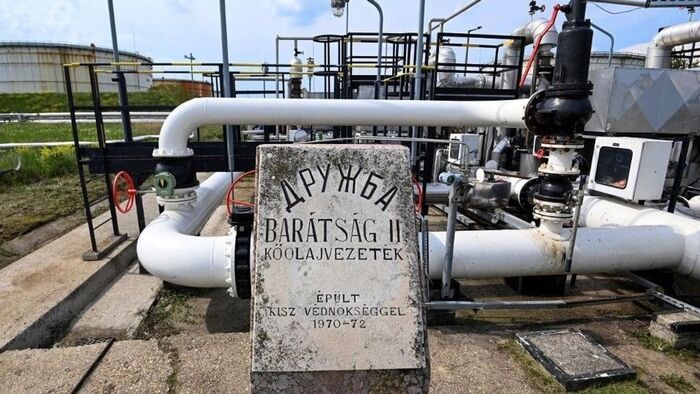




Szóljon hozzá!
Jelenleg csak a hozzászólások egy kis részét látja. Hozzászóláshoz és a további kommentek megtekintéséhez lépjen be, vagy regisztráljon!